Miscarriage is never easy. This is particularly true for couples that have undergone infertility treatments. It may seem like there’s no hope, especially if you’ve had recurrent miscarriages, but with technology and science, there is always hope. To figure out your next option, it’s best to understand why miscarriages happen and who it happens to in the first place.
Unfortunately, miscarriage will occur in approximately 15 percent of all pregnancies in younger women. Data also indicates that the miscarriage rate increases as a female ages, and some studies indicate that 75 percent of women over 45 will experience miscarriage.
Dr. Mickey Coffler of HRC Fertility Oceanside recently released a video explaining the best ways to avoid a miscarriage and the fertility treatment options available for those who have suffered recurrent miscarriages.
The three main causes of miscarriage include uterine abnormalities, such as an improperly segmented uterus as in the septate uterus, fibroids and other conditions; genetic causes; or hormonal disorders.
“About 60% of miscarriages are caused by fetal chromosomal abnormalities,” Dr. Coffler explained in the video. “Fortunately, we can reduce miscarriage risk through IVF and PGT-A.”
“Chromosomally abnormal embryos typically fail to implant. If they implant, they will miscarry or rarely result in a child with genetic disease,“ he went on. “With PGT-A we can access the chromosomal health of an embryo prior to transfer and check that it has a normal number of chromosomes. By doing this, we can choose embryos that have the best chance to result in a healthy pregnancy.”
Preimplantation genetic diagnosis (PGT-A) is used to rule out many chromosomal abnormalities in the fetus. With this method, embryos are created using in vitro fertilization (IVF) and a small sample of DNA is taken from a cell in the embryo and tested. If the genetic disorder is present, the embryo will not be transferred to the mother’s uterus. PGT does not damage the embryo.
“Most studies have shown that transferring genetically screened embryos, reduces the rate of miscarriage,” Dr. Coffler assured patients.
Check out Dr. Coffler’s entire, informative video on miscarriages and PGT testing, below.
If you have any questions, please call 866-HRC-4IVF or schedule an appointment online.


